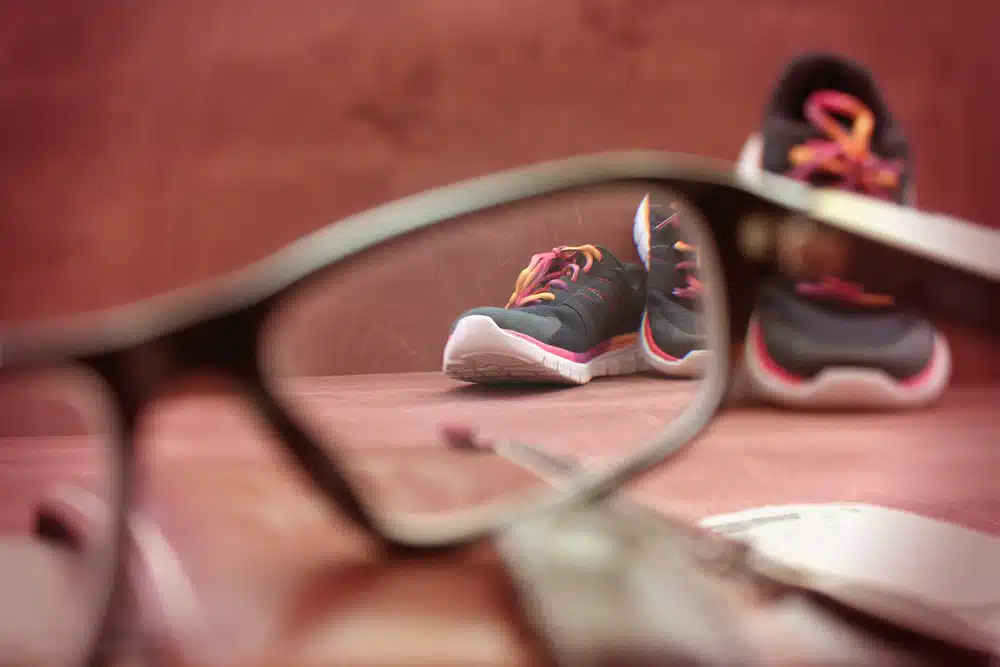Throughout our lives, our eyesight can undergo changes that impact our everyday activities. If you find yourself squinting at distant road signs or struggling to read fine print up close, it might be time to consider bifocal lenses. These optical aids address the challenge of age-related presbyopia, a natural condition where the eye’s ability to focus on nearby objects diminishes over time.
In this article, we’ll explore the subtle yet telling signs that it’s time to embrace the benefits of bifocal lenses.
Contents
What Are Bifocals?
Bifocal lenses provide two different strengths to help improve your vision. The top portion of the lens is used to see distance, and the lower part allows you to see closer items. These types of lenses cater to individuals experiencing presbyopia, allowing them to enjoy clear vision at different distances without needing to switch between multiple pairs of glasses.
Signs You Need Bifocal Lenses
Here are some ways to tell if you need bifocal lenses. By recognizing these signs early, you can ensure that your eyesight remains sharp while maintaining visual comfort.
1. Frequent Headaches and Eye Strain
Do you experience frequent headaches when reading? Without proper lens strengths to accommodate your vision, your eyes can endure a lot of strain, resulting in frequent headaches. If you experience that throbbing sensation behind your eyes frequently, then this is your first indication that you may need bifocal lenses.
2. Constantly Adjusting the Distance of Items to See Clearly
If you find that you constantly adjust an item or your own position to see or read clearly, this means it might be time to turn to bifocals. Relying on maneuvering items to focus your vision can end up damaging your eyesight and weakening it further if left ignored.
3. Your Vision and Focus Changes During the Day
Many people can also experience a change in their vision capabilities throughout the span of a day. In the morning, your phone might be crystal clear, but in the evening, you may struggle to make out certain objects. For some people, alternating between different sets of glasses can help combat this. For the most convenience, bifocals can limit switching between glasses and can help curb those vision changes throughout the day.
4. The Need for Additional Light
If you’re frequently seeking brighter lighting to read or perform close-up tasks, it may be a sign that your eyes are struggling with close-up focus. Bifocal lenses can provide the necessary prescription power for these tasks, reducing your dependence on brighter lighting.
Get Bifocal Lenses with Laurier Optical
Staying attuned to your eye health can make a significant difference in your daily life. If you begin to notice any of the above signs of weakened vision, it’s important to schedule an eye exam to get to the root of the issue. Making the switch to bifocal lenses can improve your vision and eliminate pestering headaches, and unnecessary strain on your eyes — and who wouldn’t love that?
Ready to take the next step to protect your eyes? Contact us today at Laurier Optical to book an appointment with our experienced optometrists.
